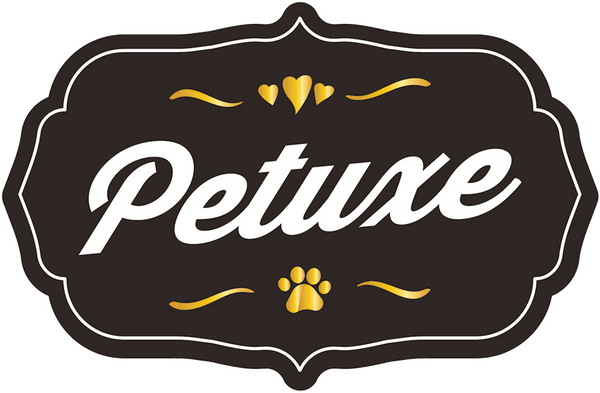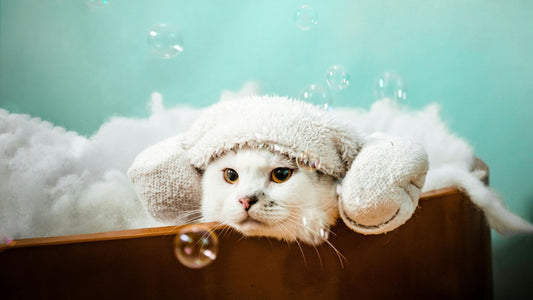What dog breeds do not shed for people with allergies?

Adopting a dog is a decision that can change your life! They become loyal, loving and playful companions who fill our home with joy and happiness. However, for people who suffer from allergies, the idea of sharing their life with a furry friend may seem impossible.
Canine allergies are one of the most common problems among dog lovers. They are produced by a reaction of the immune system to proteins present in the dog's saliva, dander and urine. Dog allergy symptoms may include sneezing, itching, watery eyes, runny nose, difficulty breathing, and rashes.
Fortunately, all is not lost. There are breeds of dogs that do not shed hair , or do so to a lesser extent, which makes them the ideal option for those who have allergies. In this article, we will present you with a complete and detailed list of the most popular non-shedding dog breeds , along with information on their characteristics, grooming needs, and tips for choosing the right breed for you.
Dog breeds that do not shed
Poodle

The poodle is one of the most well-known and loved hypoallergenic breeds . They are intelligent, playful dogs and come in three sizes: toy, miniature and standard. Their curly, woolly coat does not shed, making them an ideal choice for people with severe allergies . Additionally, they are low-maintenance dogs, as they only need brushing a few times a week.
bichon frize

These small white dogs are known for their curly coat and cheerful nature. The dander it produces is minimal, making it an ideal breed for people with moderate allergies . They are lap dogs, who enjoy human company and are relatively calm, which makes them ideal for living in apartments or apartments .
yorkshire terrier

Yorkshire terriers are small, elegant dogs with long, silky coats. However, it does not shed hair, and the dander it produces is minimal, making it a suitable breed for people with mild allergies. They are loving and protective dogs, but they can also be a little stubborn. They require daily brushing and regular baths to keep their coat in good condition.
miniature schnauzer

These robust dogs have a rough, short coat that does not usually shed much. The dander it produces is minimal, making it an ideal breed for people with moderate allergies . They are intelligent and easy to train dogs, in addition to being good watch dogs.
Portuguese water dog

These dogs are known for their curly, waterproof coat that does not shed. The dander produced is minimal, making it an ideal breed for people with moderate allergies and who enjoy outdoor activities. They are intelligent, loyal dogs and good swimmers.
Tips for caring for a dog that does not shed hair
If you are thinking about adopting a dog that does not shed , it is important to keep in mind some tips to properly care for it:
- Regular brushing:
Regular brushing is essential to remove loose hair and dander, even in non-shedding dog breeds . The frequency of brushing will depend on the breed of dog, but as a general rule, it is recommended to do it two to three times a week.
- Regular baths:
It is important to bathe your dog regularly to remove dander and allergens. The frequency of baths will depend on the breed of dog and its activity, but as a general rule, it is recommended to do it once a month .
- Hypoallergenic products:
Use specific hygiene and care products for dogs that do not shed hair. At Petuxe Cosmetics we offer you a wide range of hypoallergenic products that are designed to care for your dog's skin and coat without irritating their sensitive skin.
- Quality food:
A high-quality diet can help keep your dog's skin and coat healthy and strong, which can reduce the amount of dander and allergens he produces.
- Regular visits to the vet:
Take your dog to the vet for regular checkups and necessary vaccinations. The vet can also help you identify and treat any skin problems or allergies your dog may have.

Choosing the right dog breed for you
When choosing a non-shedding dog breed , it is important to consider your lifestyle and needs. If you have severe allergies, it is important to choose a breed that is known for producing very little dander.
You should also consider the size of your home, your activity level, and whether you have small children. Some breeds are better suited to living in apartments or flats, while others need more space to run and play.
In short, adopting a non-shedding dog can be a wonderful experience for people with allergies. With proper care and attention, you can enjoy the company of a dog without having to worry about your allergies.




